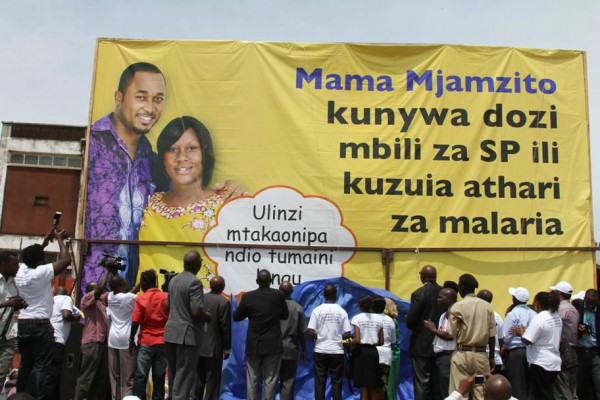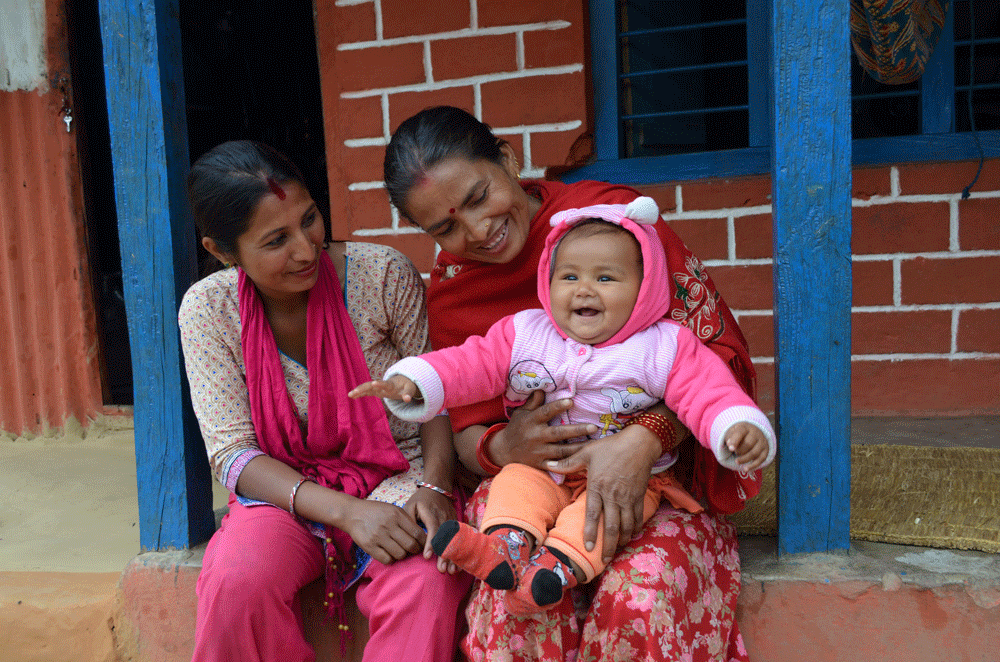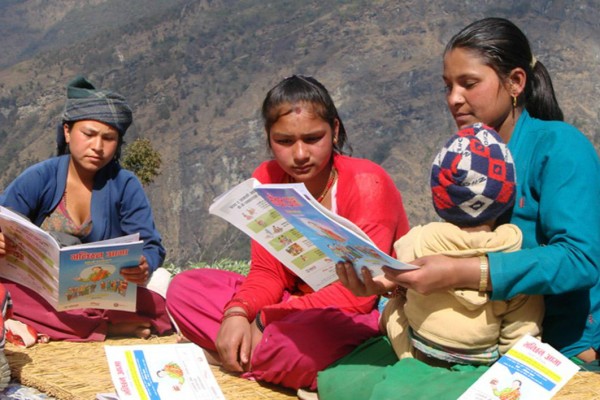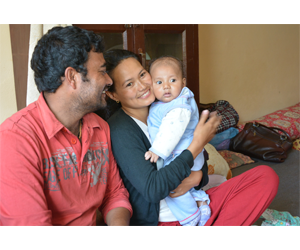
Behavioral Economics and Social and Behavior Change Communication at CCP
Behavioral economics is a rapidly growing area of study rooted in psychology, economics and behavioral sciences. A driving force behind the growth of behavioral economics has been its recent application to behaviors that affect health. The standard economic model assumes that people always make decisions





